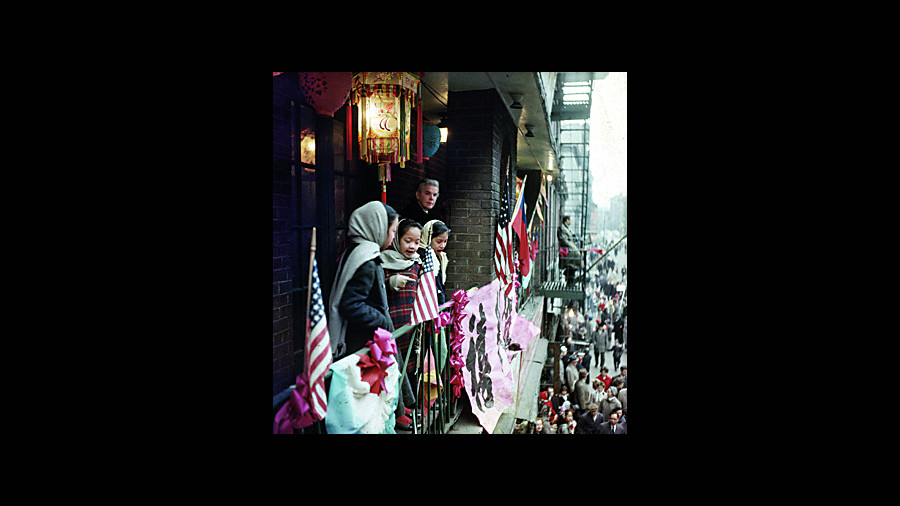In February 2021, when the 61-year-old Noel Quintana boarded a train at Brooklyn to head to work, he was attacked by a stranger: the assailant slashed his face, ear to ear, with a box cutter. Quintana, a Filipino-American, is one among the many Asian-Americans who have been attacked since the spread of Covid-19 in the United States of America. An 84-year-old Thai immigrant died after being violently shoved to the ground; an elderly Chinese woman was slapped and set on fire; six women of Asian descent died
in a series of shootings at massage parlours and spas — in March alone, anti-Asian hate crimes doubled in the country.
People of Asian descent have a long and complicated history in the US steeped in xenophobia, racism and stereotyping. Often considered the ‘model minority’, Asian children are whiz kids, Asian mothers are guilty of helicopter parenting, while the men hold prestigious — but not leadership — positions in STEM industries. Asians are law-abiding citizens and reinforce the myth of immigrants thriving in the land of dreams.
The lived reality, as Carlos Bulosan writes in America Is in the Heart, can be sharply different. Bulosan, a Filipino migrant labourer who arrived in search of prosperity found it hard to be able to hold on to his dignity as he faced intense racial abuse in California and the Pacific Northwest of the 1930s. The experience can be just as alienating for the children of immigrants who — like Christina does in Sour Heart — bear witness to the journeys of their families who leave everything behind to build a new life in an unknown land only to end up living in abject poverty.
Exclusion has led writers of East and Southeast Asian descent to exist on the peripheries of American fiction and poetry. However, over the years, transcultural writers channelling their experiences of living in a country largely hostile to minorities, where they must constantly fight for their rights and cultural identity, has struck a chord with the readership. The experiences of displaced people — like those of the Vietnam War — who have internalized cataclysmic traumas within themselves find expression in Ocean Vuong’s Night Sky with Exit Wounds as well as in Thi Diem Thuy Le’s The Gangster We Are All Looking For. Amy Tan’s The Joy Luck Club and Minor Feelings by Cathy Park Hong take a nuanced look at the Asian-American experience by delving into questions of assimilation, identity, shame and otherness.
Recently, in the light of the rising hate crimes against Asians, the Senate passed a bill aiming to combat racially-motivated violence. But Othering, as immigrant families know, is deeply embedded in American society and can only be remedied with greater sensitization. May is celebrated as Asian-American and Pacific Islander Heritage Month to honour the struggles, sacrifices and contributions of the Asian community in the US. But as racism spikes, one cannot help but wonder if the American dream has ultimately failed to materialize for the Asian immigrant.










